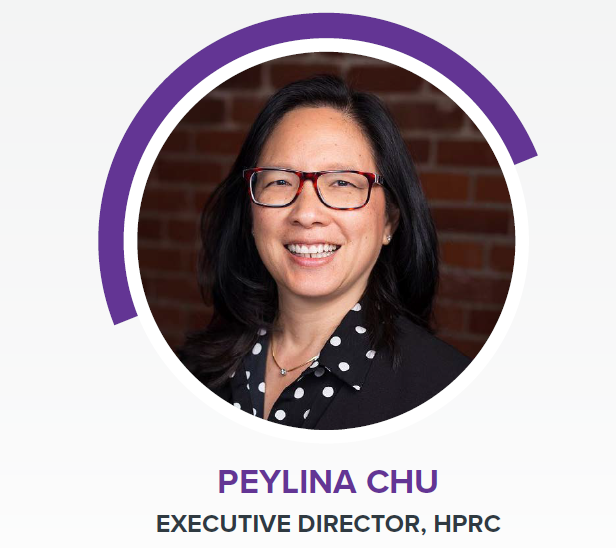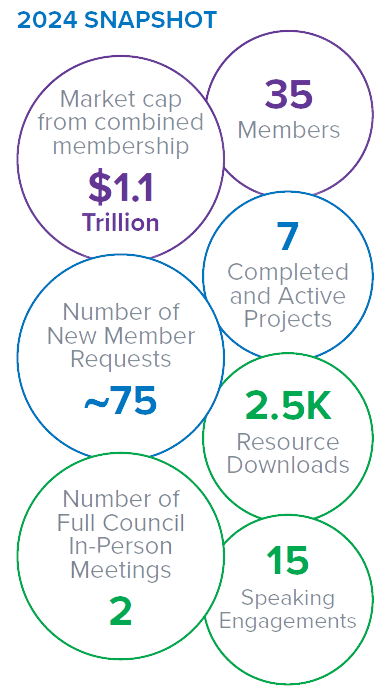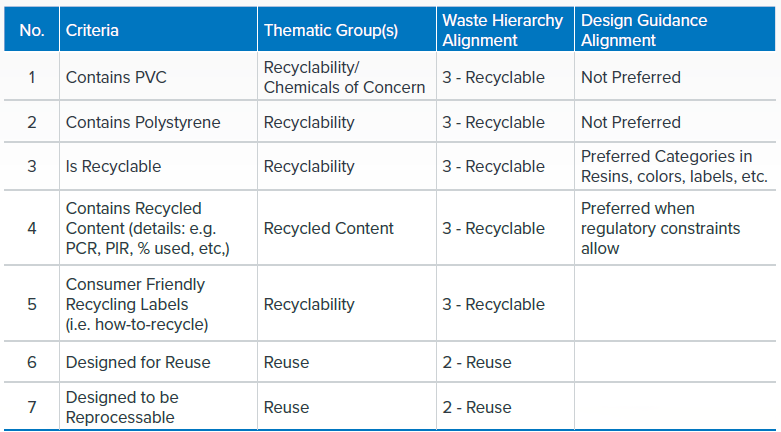Team Leads: Katherine Hofmann (Eastman) and
This project aims to initiate a regional healthcare plastics recycling program in Houston, in collaboration with the Alliance to End Plastic Waste, the Vinyl Institute, and Houston Methodist Hospital. The initiative seeks to optimize the recycling program by expanding to multiple hospitals and create a model for other regions.
Challenges and Solutions: One of the biggest challenges in launching a healthcare plastics recycling program is achieving the scale needed to make the process economically viable. Haulers, sorters, and end users all require significant volumes of material to justify the investment in collection, sorting, and processing. However, rolling out a pilot program while simultaneously trying to build a new industry process presents a catch-22. Without sufficient volume, stakeholders may be hesitant to commit, yet scaling up requires initial buy-in and infrastructure. Additionally, securing a stable end-use market for the recycled material remains a critical hurdle. Hospitals, haulers, and sorters all want assurance that there is a consistent buyer for the material before fully engaging in the program. To overcome these barriers, the team is working to aggregate material from multiple waste streams or hospitals, collaborate with key industry players to identify viable end markets, and refine logistics to optimize collection and processing.
Next Steps: The project team is working to establish resources and timelines for the Cypress location, working with waste management and other haulers on collection program design, and continuing to evaluate materials for collection.
“Working on the Houston Project has opened my eyes to the current challenges and opportunities in recycling within healthcare systems. Collaborating with different partners across the plastics value chain has helped push this project forward and allowed me to build new relationships with HPRC team members along the way.” – Leslie Schrof, Circular and Low Carbon Business Manager, LyondellBasell




